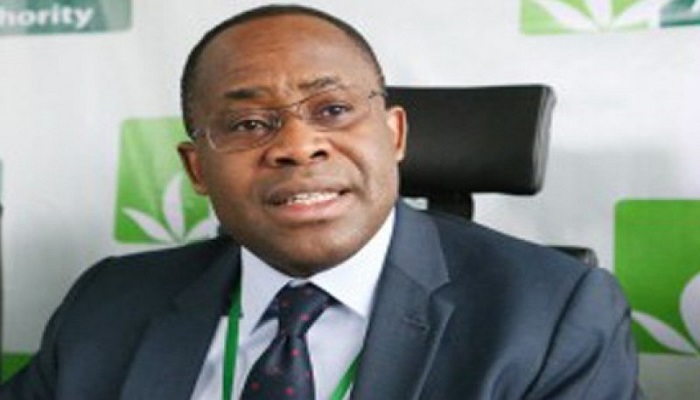Nigeria has been forced to purchase an emergency supply of Canadian potash after being unable to import critical fertilizer from Russia due to Western sanctions.
This was disclosed by Uche Orji, the head of Nigeria Sovereign Investment Authority (NSIA) to Reuters.
This is only one of many unforeseen repercussions of sanctions imposed on Russia in response to its invasion of Ukraine. The invasion, according to the International Monetary Fund, has given a major negative shock to Sub-Saharan Africa, driving up food and energy prices and placing the most vulnerable people at risk of starvation.
What the NSIA is saying
Uche Orji, the head of NSIA told Reuters that Russia failed to deliver so a new arrangement was reached with the aid of the Canadian High Commission
“Russia was unable to deliver so we bought spot from traders in Canada. The Canadian High Commission in Nigeria helped start the conversation with producers,” he said.
Orji stated that Nigeria has enough potash inventories to meet 40% of blended demand and that the country has purchased three cargoes of Canadian potash, which are expected to arrive within the next month.
In a typical year, the country receives five Russian cargoes. Western sanctions, as well as self-sanctioning by many global firms and financial institutions, have wreaked havoc on anyone dealing in Russian-made goods, sending several energy and commodity prices to all-time highs.
Orji added that talks were still ongoing to determine if a Russian delivery could be arranged.
What you should know
- The majority of the world’s potash is used on farms to fertilize the food supply. It’s a critical ingredient that helps to improve crop yields, increase resistance to plant diseases, and heighten water retention. It also has a positive effect on food colour, taste, and texture.
- NSIA negotiates imports of raw fertilizer materials like potash as part of the Nigerian government’s programme to develop its capacity to produce blended fertilizer.
- In 2019, the Federal Government and Russia signed an agreement for the supply of potash, a raw material for fertilizer production from a Russian company, URALCHEM.
- The goal was to make fertilizer available to Nigerian farmers at a reasonable price. However, according to commodities pricing agency Argus, spot rates for delivery to west Africa are up more than 250% from last year, throwing a severe blow to the country’s finances.
- The EU sanctions on Belarus, the world’s third-largest producer after Russia and Canada, served as a catalyst to push the price of potash high.
- Nigeria imported roughly 200,000 tonnes of potash last year, one of three main elements for fertilizer mixing, based on Fertilizer Producers & Suppliers Association of Nigeria (FEPSAN). Nigeria imports just under 40% of its raw materials, with the rest sourced domestically.






















